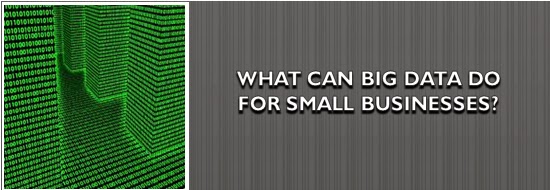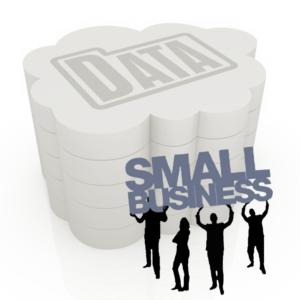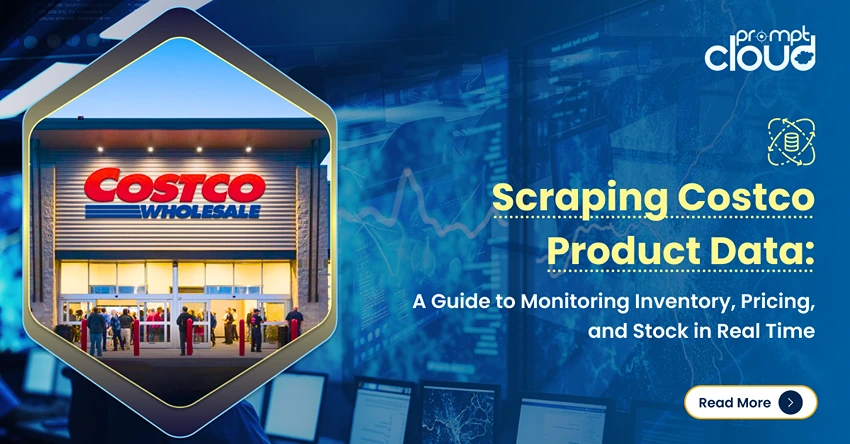
If you have a small business that doesn’t deal with large amounts of data on a regular basis, chances are, the very mention of the term ‘big data’ might sound astounding. In fact, its a commonly held belief that only the big corporations can afford to mine big data.

The concept of analyzing large amounts of never-ending information and looking for insights related to patterns or trends is one that every business can use to improve decision making. Every function of your small business, including recruitment, operations or marketing can use big data to be more efficient.
The big data you are already using
Earlier we had discusses how almost every (web-based) small business is using big data analytics everyday. Google Analytics (GA) is a tracking system that most small business owner uses. GA keeps tabs on thousands of interactions that visitors have with your website and collects all the information they leave – like tracing the virtual footprints through metrics such as clicks, visitor paths, time on site, exit pages etc.
Webmasters are also using data visualization tools such as heat maps, that are pictorial representations based on aggregation of data pertaining to areas of webpages clicked or most frequently by visitors.
How merchants at the world’s oldest mall use data
Merchants at Istanbul’s Grand Bazaar, which sees 400,000 footfalls each day, have been using big data in real-time for over two decades. The author of this story on the SAP blog highlights how merchants at the world’s oldest shopping mall use data without involving any tech.
They just ask passing-by visitors 3-4 simple questions such as which country they belong to, how long is their stay and which hotel (or area) they are staying at. They also take note of other evident traits such as age, choice of jewelry or accessories, clothing etc. This provides them instant access to enough data for making suitable recommendations.
Based on these insights they are able to present merchandise that’s most likely to match their taste. This is akin to what the big retail stores do with the data they collect: predict what products are most likely to be bought by converting the data at their disposal into actionable insights.
Tools for big data analytics
Unlike Grand Bazaar’s merchants, not every small business involves direct customer interaction. But that shouldn’t stop you from mining big data. Here is a list of some awesome tools that we believe can help you in doing more with less –
Tranzlogic
Tranzlogic has a unique business model. They give small merchants access to big data similar to what a multinational corporation would collect. They collect POS credit card transaction data of users from financial companies to provide valuable information to the merchants regarding purchase behavior. Such data can also be used to evaluate how various promotions are performing and how are sales distributed across store locations, that too in short turnaround durations.
Radius
Canopy Labs
Canopy Labs is a free tool (for initial 5000 customers) that is designed keeping sales executives and their managers in mind. It can help your small business in optimizing your sales operations using predictive customer modeling, identifying sales trends and simulating possible scenarios to forecast marketing and promotion efforts.
Crazy Egg
Crazy Egg is heat map tool that small business owners can use to identify areas of their web pages that are most likely to be clicked by visitors. The company co-founded by internet marketing veteran Neil Patel fills an important gap left open by GA – visualization. The heat maps depict the popularity of one area over the other by use of colors (more intense, darker colors = more popularity), while GA only presents the good old figures like pie-charts and bar graphs. Crazy Egg can be used to determine the areas that visitors notice the most, (or the ones that go ignored) to enable better positioning of ad campaigns.
The notion that only big businesses with deep pockets can mine big data, (although true in some cases) is often misleading. There are always companies looking for alternative, cost-effective approaches to solving these problems. As small businesses start realizing the potential benefits of using big data in their day-to-day operations, such tools will find a ready market.




















